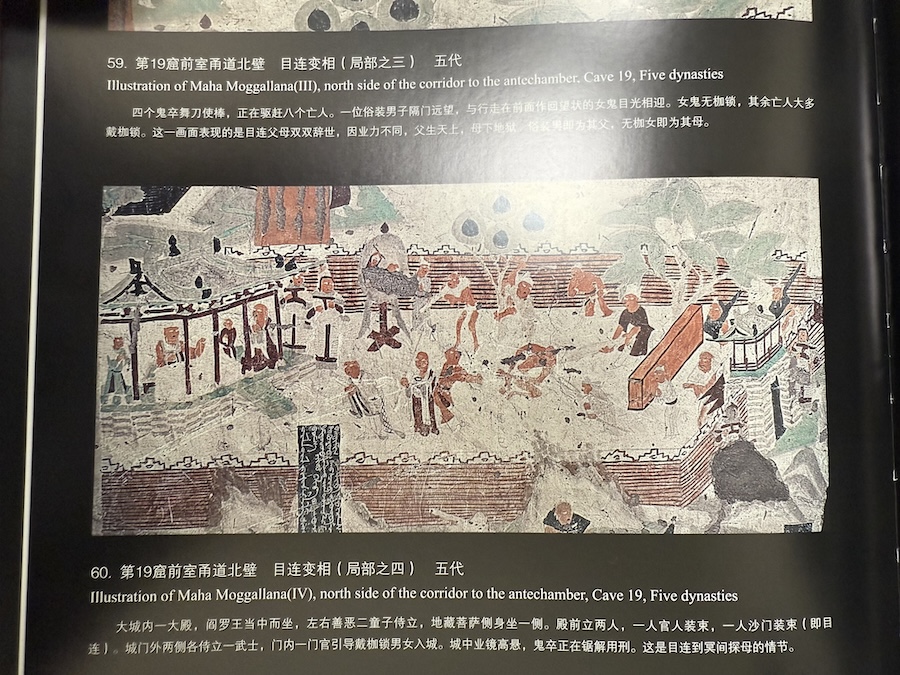Coined Chinese characters: The 24 solar terms, part 2
The calendrical system used for defining the dates of traditional Chinese festivals such as ‘Chinese New Year’ (The first day of the first lunar month, now called 'Spring Festival’ Chun jie 春節 in the PRC), the mid-autumn festival 中秋 (full moon of the 8th lunar month) and so on is the last of the many versions of the Chinese luni-solar calendar that were adopted by successive imperial governments until the fall of the empire in 1911. It is in fact the system adopted by the Qing dynasty in 1644.
Christopher Cullen’s book Heavenly Numbers: Astronomy and Authority in Early Imperial China (Oxford, 2017) gives a detailed account of the successive systems of mathematical astronomy that were used by Chinese astronomical officials in early imperial times to produce the annual luni-solar calendars that were promulgated by imperial authority. The following explanations are taken from Cullen’s book.
Read the rest of this entry »

